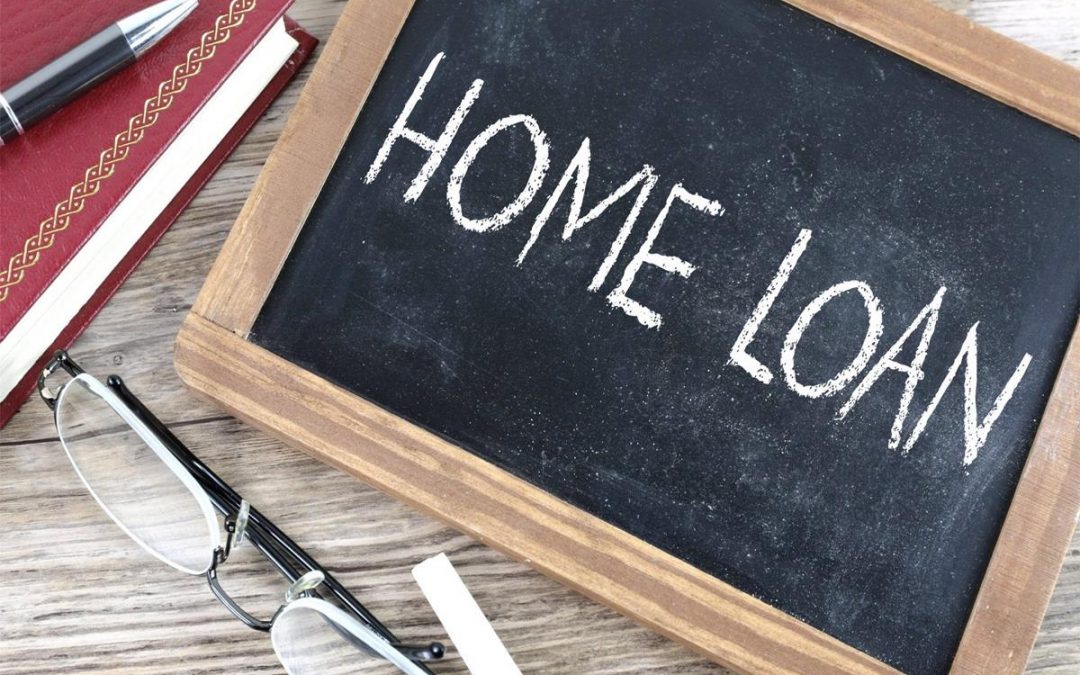When you’re saving for a home loan, it can seem like there are thousands of different variables and options to consider. However, the process isn’t as complicated as it might seem, and with a bit of research and planning ahead, you can streamline the process and avoid any unnecessary stress. Here are some tips on how to get started on your home loan:
Identify your short-term and long-term needs.
Before applying for a mortgage, think about how long you plan to live in the house and whether you need the funds to pay off other debts or buy furniture, appliances, and other household items. Budgeting is essential not just for saving money but also for understanding exactly how much money you have available to spend on housing costs.
Have a deposit saved
Your deposit is an amount of money that shows lenders that they can trust you with their money. It shows them that you have enough savings so that if something goes wrong with the property or loan agreement (for example, if interest rates go up), you’ll still be able to pay off your loan each month.
Know your credit score.
Your credit score indicates how likely you will repay the debt on time. A high credit score means you’re less risky than someone with a lower score, and lenders may offer you better interest rates and flexible terms on your loan. Knowing your score will give you an idea of where you stand when applying for a mortgage loan and what interest rate is available. Check out how much house your income can afford by using our calculator.
Know your home loan options.
There are many types of mortgages available today, including:
- Fixed-rate mortgages: Fixed-rate mortgages have a fixed interest rate for the life of the loan, which means that your monthly payment amount will stay the same for the first five years or so after you buy your home. If you can afford to pay off your mortgage early, a fixed-rate loan may be suitable.
- Adjustable-rate mortgages (ARMs): An ARM is a mortgage with an interest rate that changes periodically over its lifetime. This type of loan may be more affordable in the short term, but it’s risky if interest rates rise because it could increase your monthly payment.
- Hybrid adjustable-rate mortgages (hybrids): These loans have fixed and adjustable features; they start with an initial period when specified and then convert to an ARM after that period ends. For example, some hybrids might offer a three-year fixed period with no pre-payment penalty, followed by a 30-year amortization at an adjustable rate.
- Government-insured loan: Federal Housing Administration (FHA) loans are government-insured mortgages guaranteed by the Department of Housing and Urban Development (HUD). With an FHA loan, lenders sell the loans to FHA for a fee, supporting the program.
- Bridge loan: A short-term loan allows you to buy a home while you wait for your permanent mortgage to close. Bridge loans are typically used when home buyers need to close on their purchase within a few weeks or months, but their lender doesn’t have enough time to process their application.
Make comparison shopping easy.
Find out who has the best rates for your situation and base your search on those lenders. This is easier than ever before because of online tools that let you compare rates at one time and then easily apply for one or more loans with just a few clicks of your mouse.
Pay attention to interest rates
Interest Rates on home loans vary widely depending on where you live, how much money you make, and other factors. To make sure you get the lowest rate possible, shop around. The best way to do this is to use an online calculator that lets you compare rates from multiple lenders in one place. If one lender has an offer that’s better than another, it’s easy to see which one has the lowest rate — no matter how many interest points each lender requires or how long their loan terms are set for.
Factors to consider when choosing a home loan
Home loans are available in a wide variety of types and terms. It is essential to consider all of your options before deciding carefully. There are many factors that you need to consider. These include :
The Rate of Interest
The interest rate is an essential factor when choosing a home loan. If you want to save money on your mortgage payments, look for a lower interest rate. You can find this information by checking out different banks and lenders in your area or searching online for different rates available in your state.
Credit Score
Your credit score is one of the most critical factors in determining which loan you will qualify for and what interest rate you will be offered. Your credit score is based on your history of borrowing and repaying the money and any other loans you may have taken out in the past. A higher credit score indicates that you are more likely to pay back your loan on time, so lenders often offer lower interest rates and better terms with higher scores.
Loan Amount
How much money do you want to borrow from the lender? Most lenders have set limits on how much they will lend out at any given time, so make sure that you don’t exceed these limits! It’s always best to get approved for more than what your budget allows because it gives you room to grow and expand as needed while still keeping things under control!
Loan Tenure
When you choose a mortgage, you need to consider the tenure of your loan. This refers to the number of years you have to repay the loan. If you choose a short tenure, you can refinance it later when your financial condition gets better.
Down Payment
The amount of money you put towards buying a house is known as a down payment, and it can be paid either in cash or in instalments over time by taking out another loan.
Talk to a mortgage broker.
A mortgage broker can help you find the right type of loan and even negotiate with lenders on your behalf to make sure they give you the best deal possible. It’s important to remember that not all brokers are created equal; some may be more knowledgeable than others about which lenders offer the best deals in particular areas or for specific types of homes. Our home loan specialist in Melbourne can get you started on choosing the right home loan for you.


